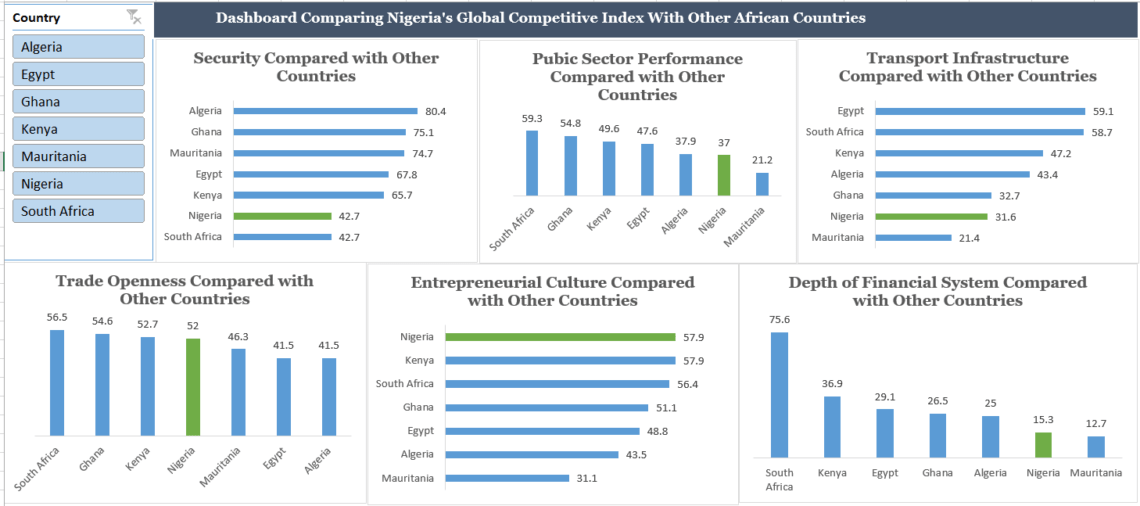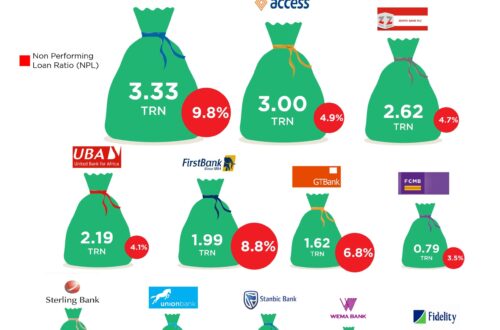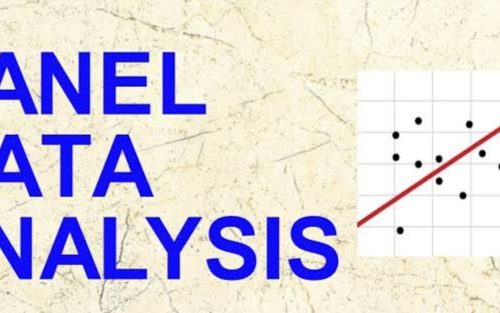
Download Dashboard on Global Competitive Index
The Global Competitive Index (GCI) is an index introduced by the World Economic Forum (WEF) which is an annual yardstick (anchored on how efficiently units of labour and capital are combined for generating output) for policy makers to look beyond short-term and reactionary measures and to instead assess their progress against the full set of factors that determine productivity. These are organized into 12 pillars: Institutions; Infrastructure; ICT adoption; Macroeconomic stability; Health; Skills; Product market; Labour market; Financial system; Market size; Business dynamism; and Innovation capability.
The index recognizes the need for economies to rely on fiscal policies and public incentives to allocate more resources towards the full range of factors of productivity to fully leverage new opportunities as monetary policies (over 10 trillion dollars injected into economies of the world by the different central banks, yet world growth is still slow) begin to run out of steam.
According to the WEF, a country’s performance on the overall GCI results as well as each of its components is reported as a ‘progress score’ on a 0-to-100 scale, where 100 represents the ‘frontier’, an ideal state where an issue ceases to be a constraint to productivity growth. This means that the more a country moves closer to 100 points, the better it is for her. The 2019 edition of the report therefore focuses on 141 economies of the world which account for 99% of the world’s GDP.
The file attached contains a dashboard based on the global competitive index ranking of Nigeria, Egypt, Ghana, Kenya, Mauritania, Algeria and South Africa. Download it below:


You May Also Like

[INFOGRAPHICS] Loan Book and Non-Performing Loan of Nigerian Banks as at H1’2020
September 22, 2020
Nigeria Ends 2019 as Second Worst Performing Stock Exchange in Africa
January 2, 2020